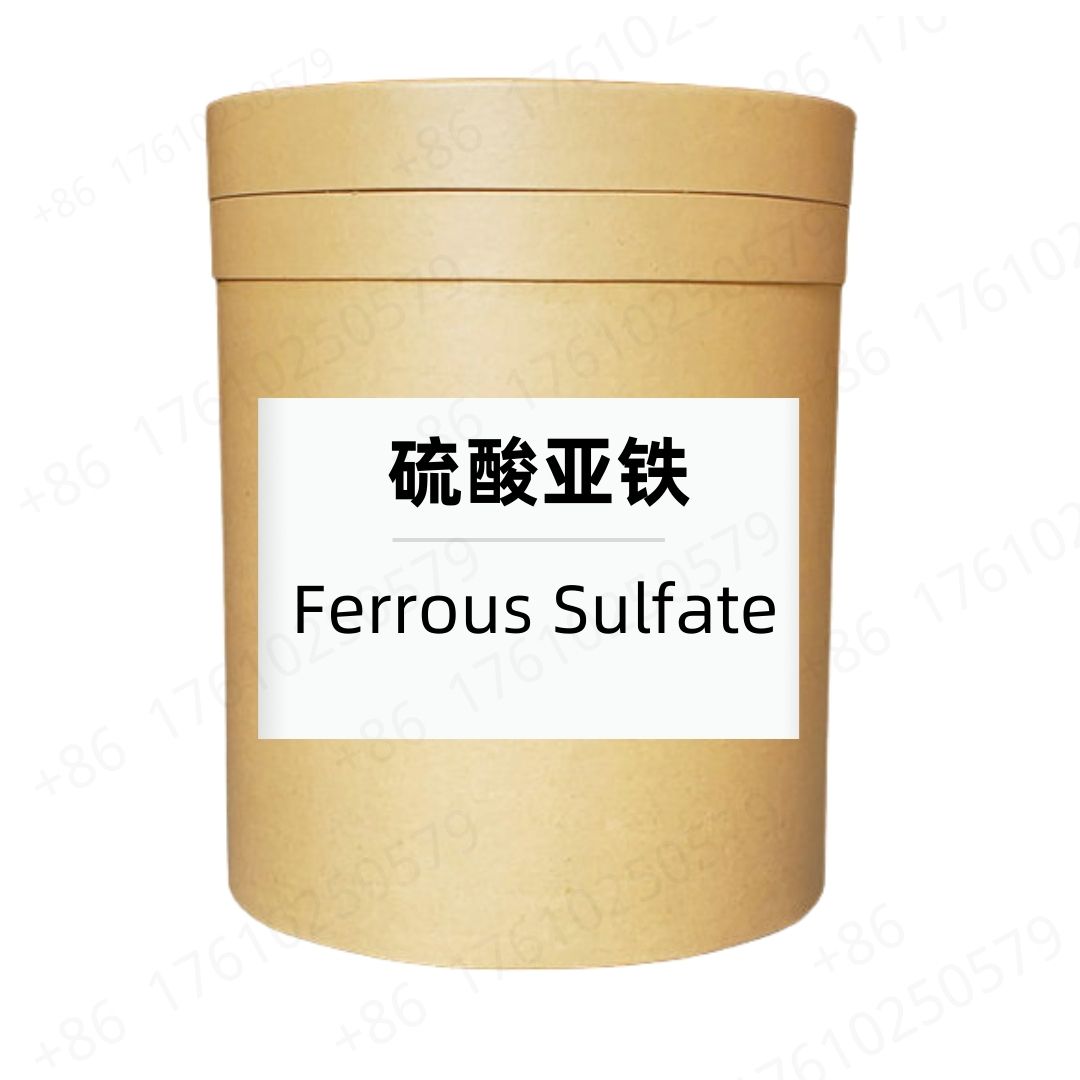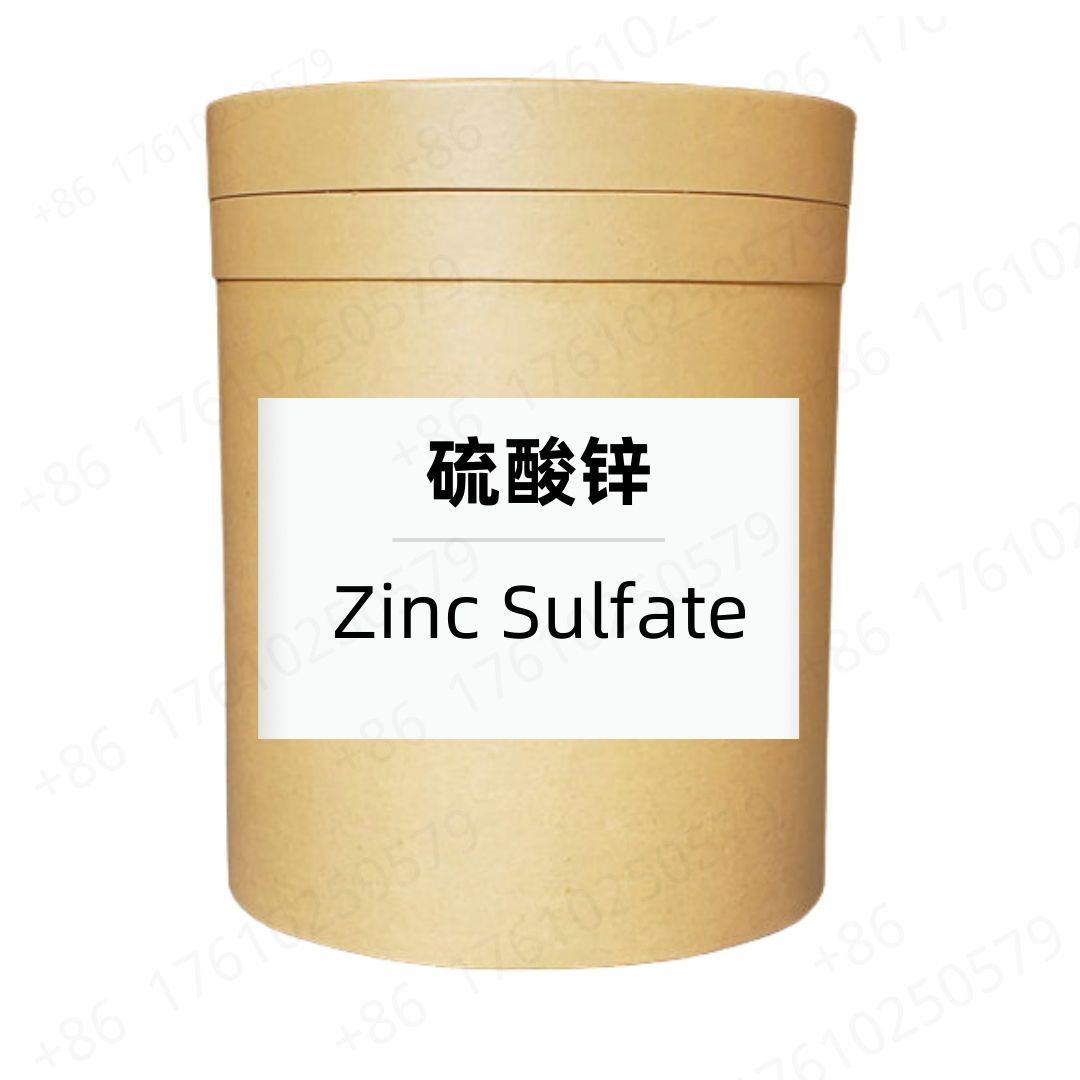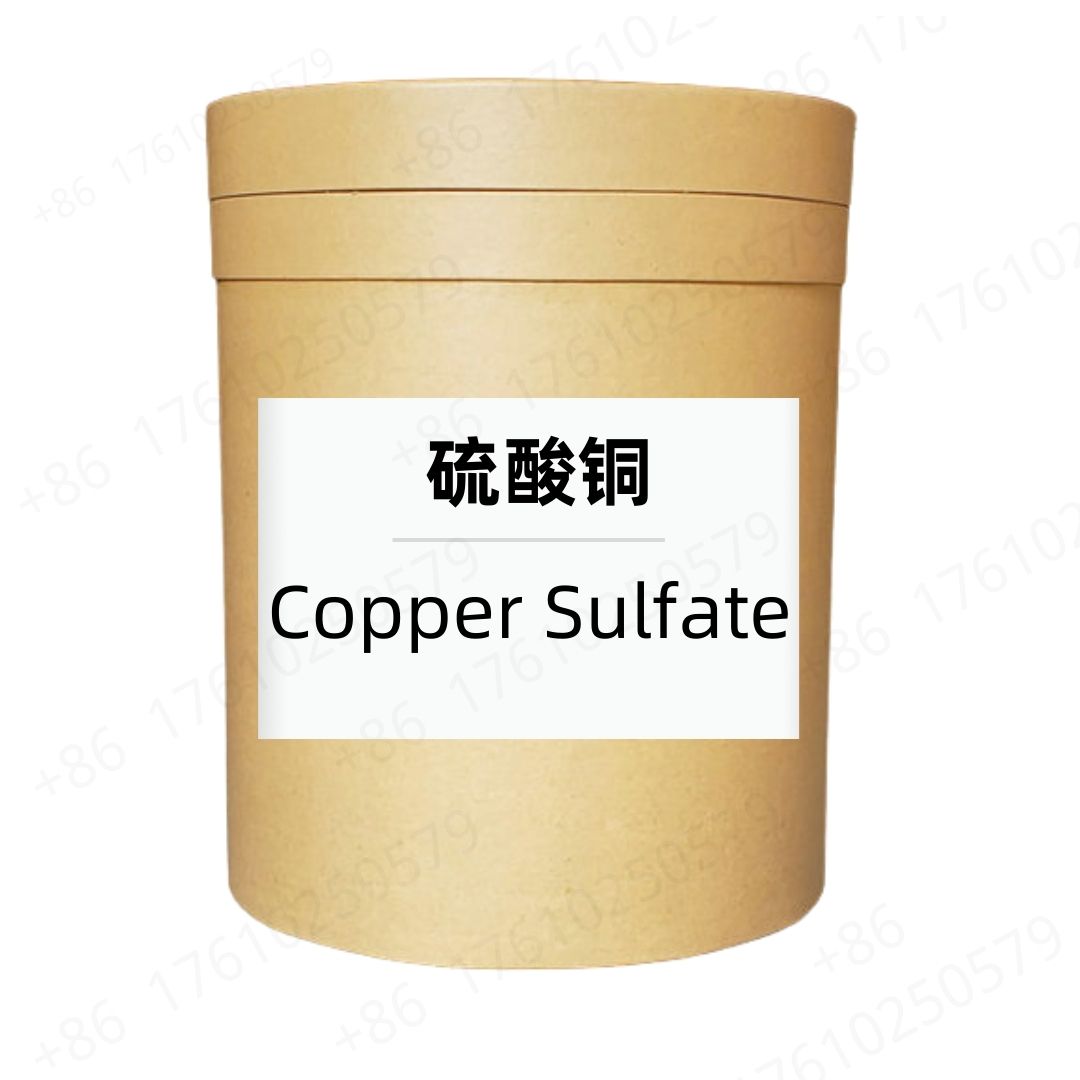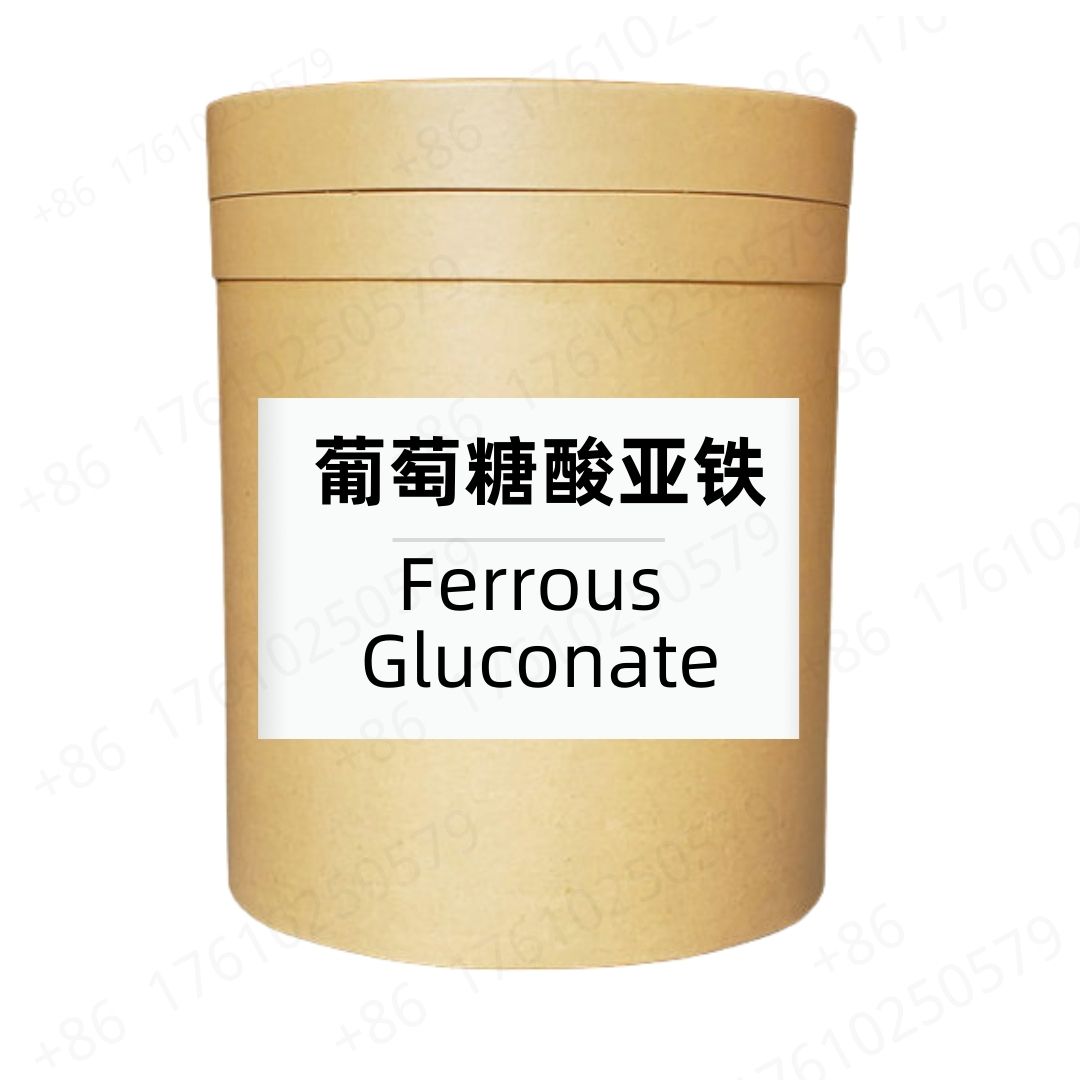Product Introduction
Calcium citrate is a widely used calcium supplement, known for its bioavailability and ease of digestion. It is a calcium salt of citric acid, making it an effective source of calcium for those who may have difficulty absorbing other forms of this mineral, such as calcium carbonate. Calcium citrate provides a versatile option for fortifying foods, dietary supplements, and pharmaceuticals, contributing to overall health, particularly in promoting strong bones and dental health. Its ability to enhance calcium absorption in the presence of food sets it apart from many other calcium supplements, making it a popular choice among various consumers.
Production Process
The production of calcium citrate involves the neutralization of citric acid with calcium carbonate or calcium hydroxide. This process leads to the formation of calcium citrate as a result of the chemical reaction between the acid and the base. After synthesis, the product undergoes filtration and crystallization to obtain the desired form. The resulting precipitated calcium citrate is then dried and ground into a fine powder suitable for various applications. Quality control measures are implemented throughout to ensure purity and consistency.
Product Functions and Effects
Calcium citrate serves mainly as a dietary supplement to help maintain adequate calcium levels in the body, which is essential for bone health. It has been shown to help prevent osteoporosis and promote strong teeth and bones in both men and women. Additionally, calcium citrate may assist in muscle function, nerve transmission, and hormone secretion, thus playing a crucial role in numerous physiological processes. Its gentle effect on the stomach makes it suitable for those prone to gastrointestinal discomfort when taking other calcium supplements.
Product Application Scenarios
Calcium citrate finds its use in various scenarios, including dietary supplements designed to enhance calcium intake for individuals, especially postmenopausal women and the elderly. It is commonly added to functional foods such as fortified beverages, cereals, and snack bars to improve their nutritional profile. Additionally, it is used in the formulation of specific pharmaceuticals, particularly those aimed at improving bone health. Furthermore, it can be included in animal feed as a calcium source for livestock and pets.
Packaging and Storage
Storage Conditions: Store in a sealed, light-proof container, away from high temperatures, in a dry, cool, and well-ventilated place.
Packaging: Bulk: 25kg/fiber drum; Sample: 1kg/aluminum foil bag; Custom packaging available upon request.
Shipping Methods: FedEx, DHL, dedicated logistics, and sea freight consolidation.
Shelf Life: Two years
Monica Sun possesses extensive technical expertise and market insights in the food additives industry. She excels in designing efficient and safe additive formulations tailored to various food applications, ranging from sweeteners to functional dietary fibers. Monica has successfully assisted food manufacturers in optimizing ingredient combinations to enhance product quality and improve consumer satisfaction.















